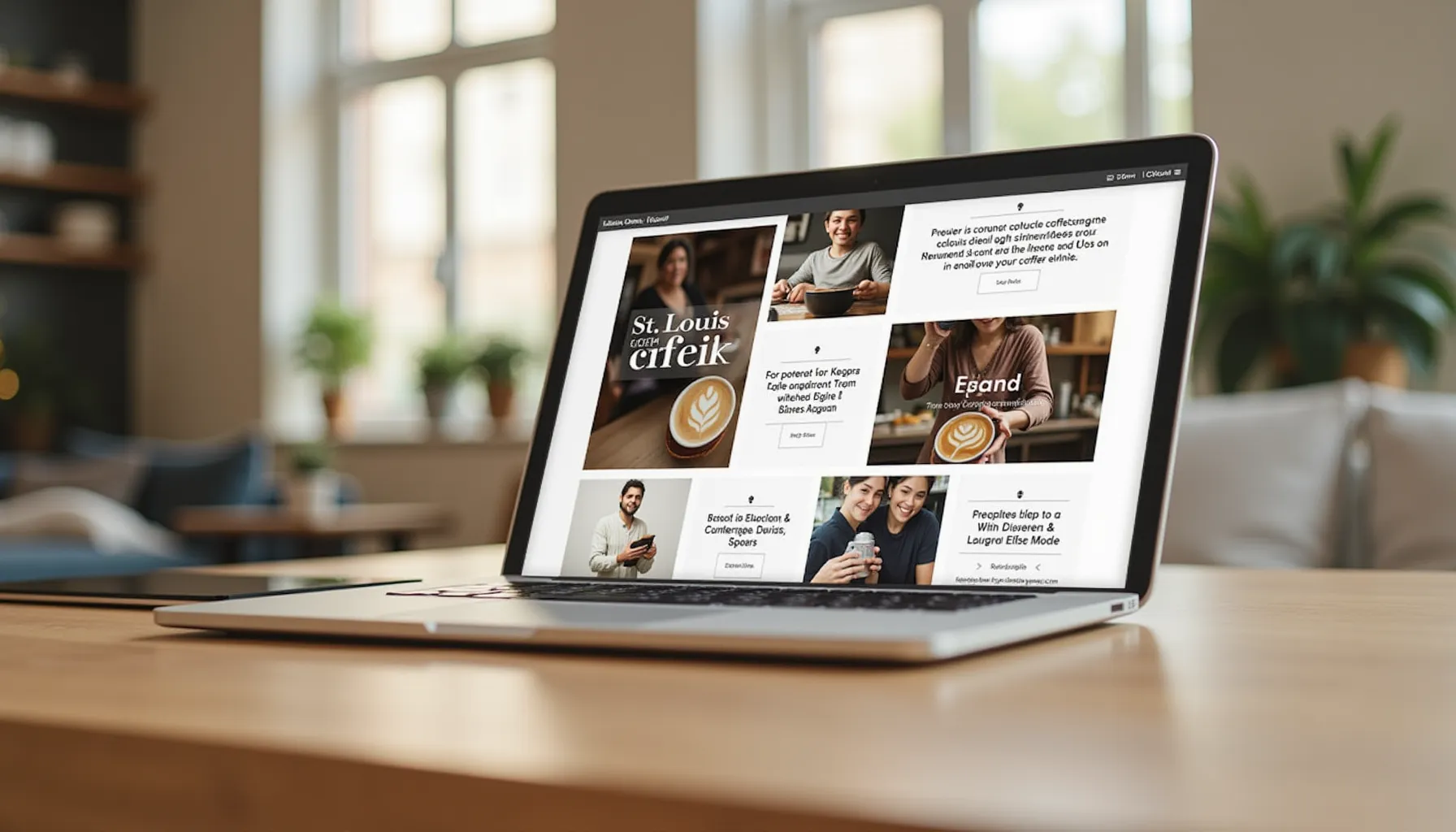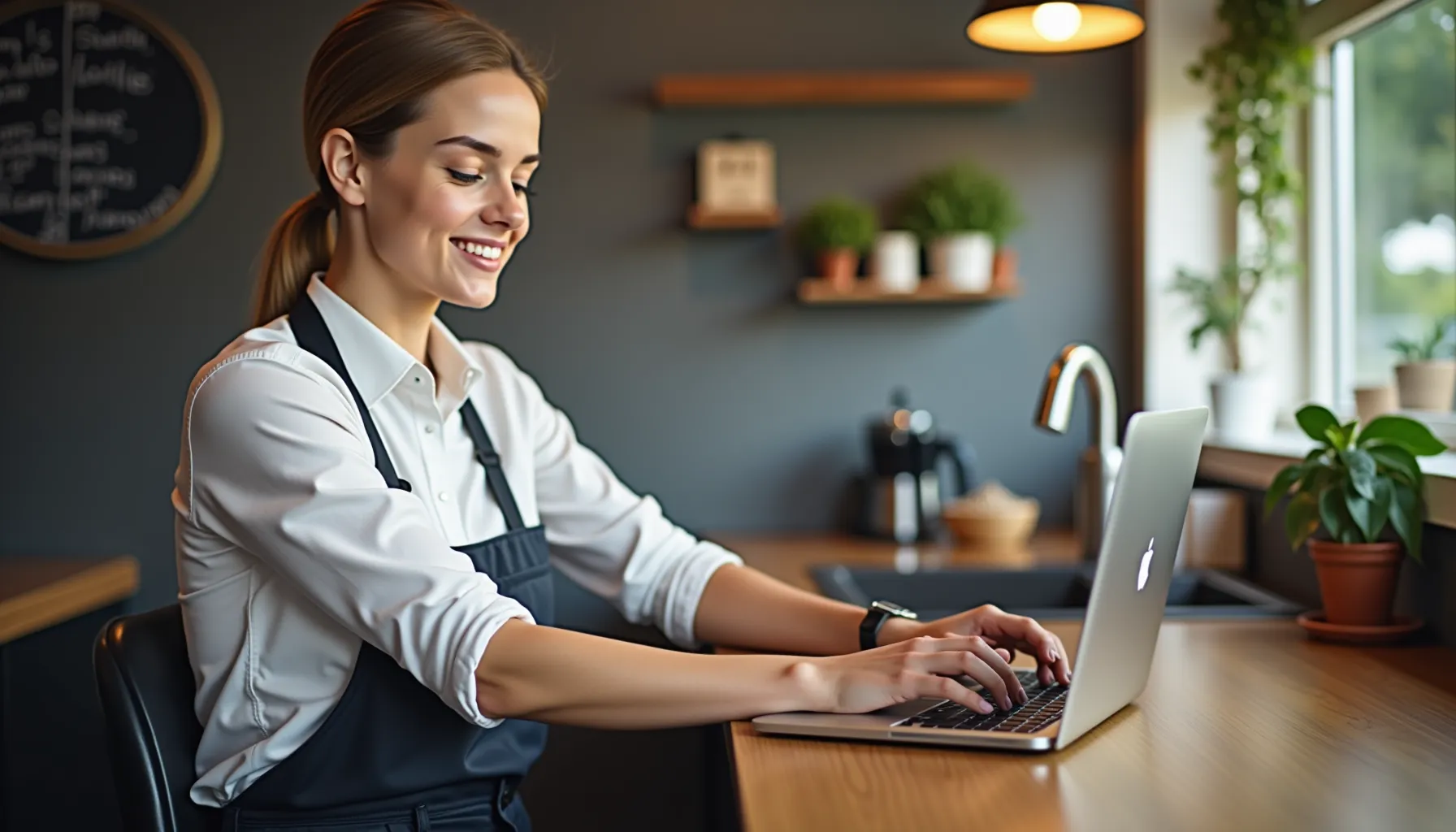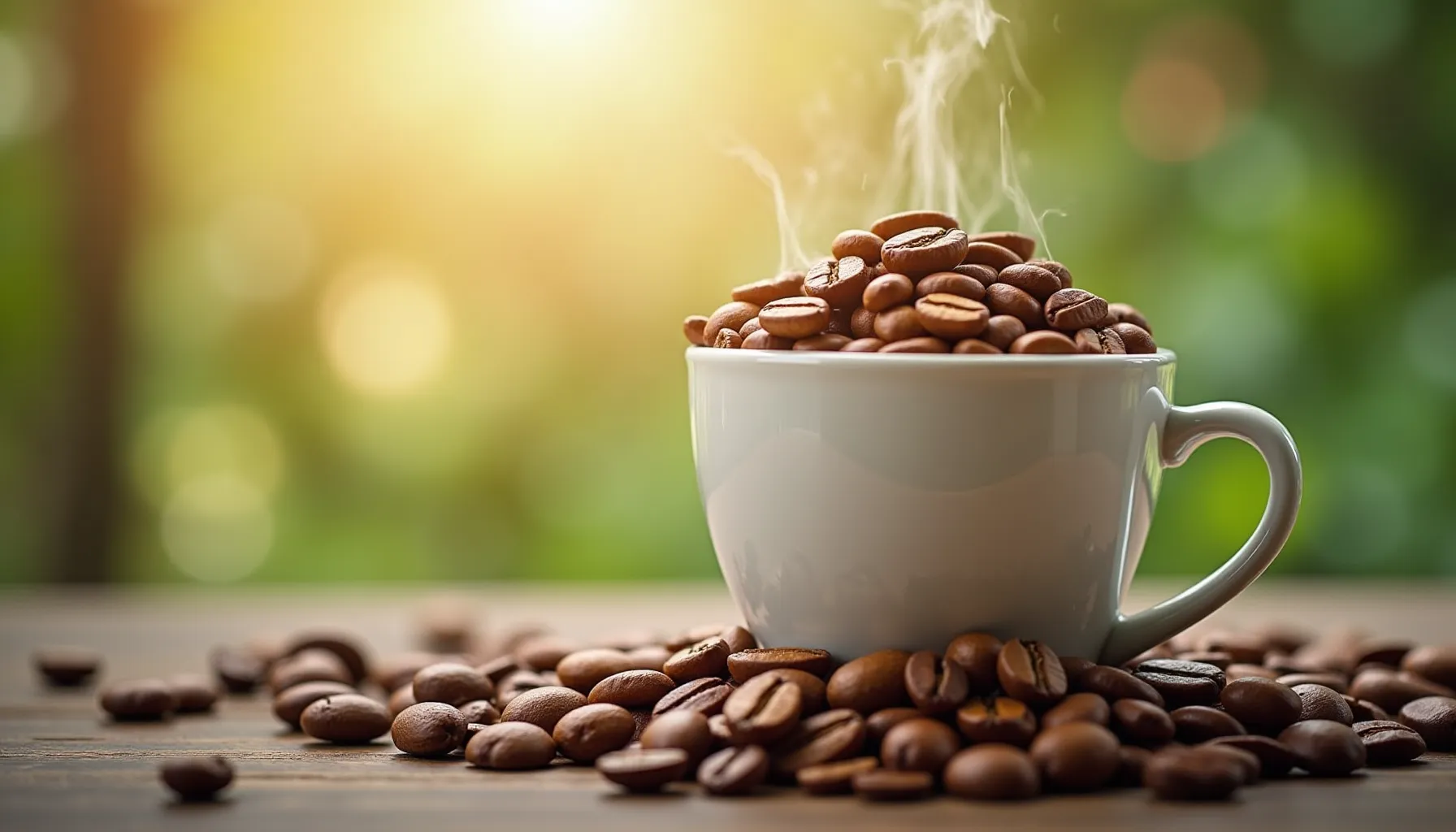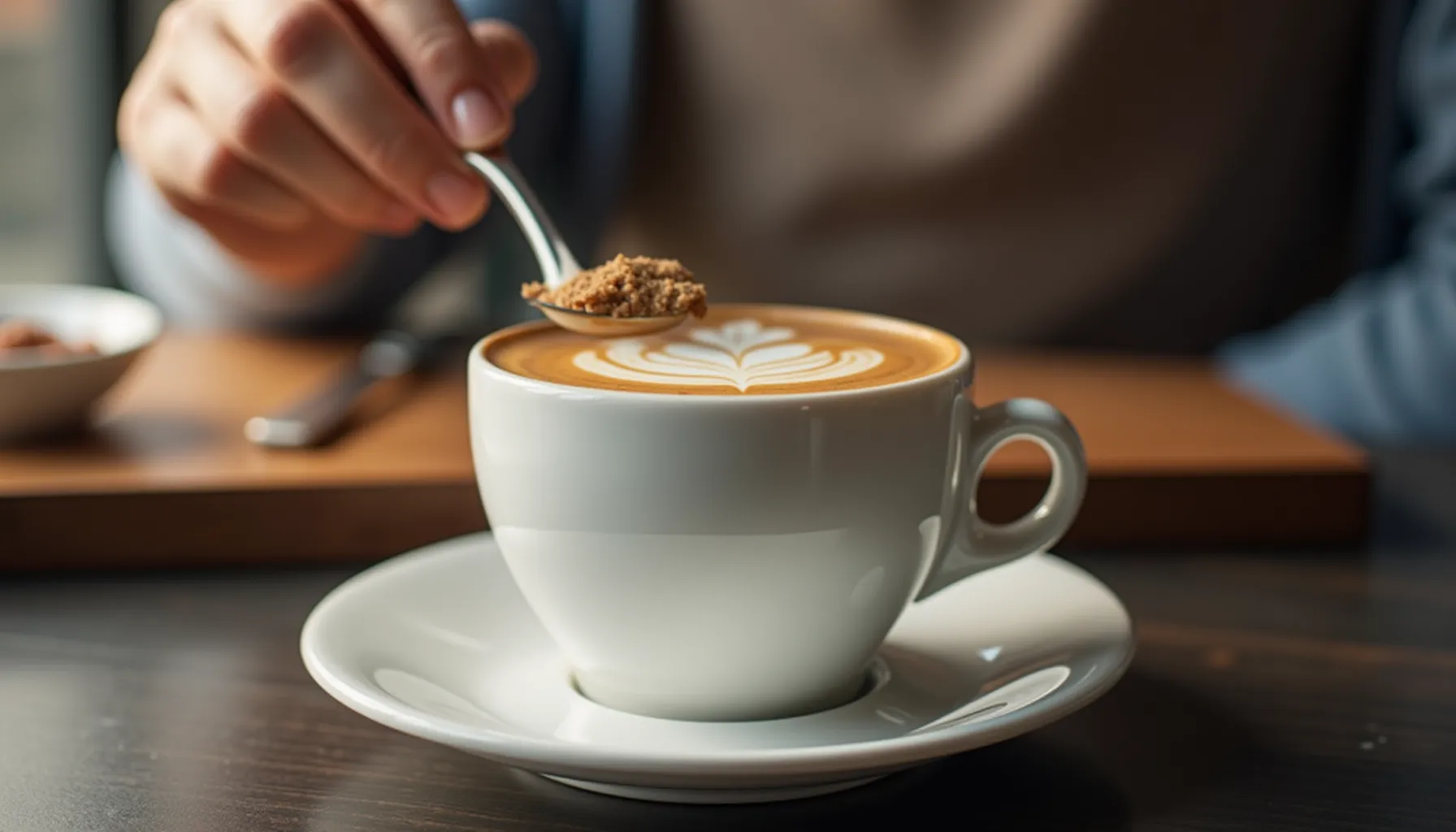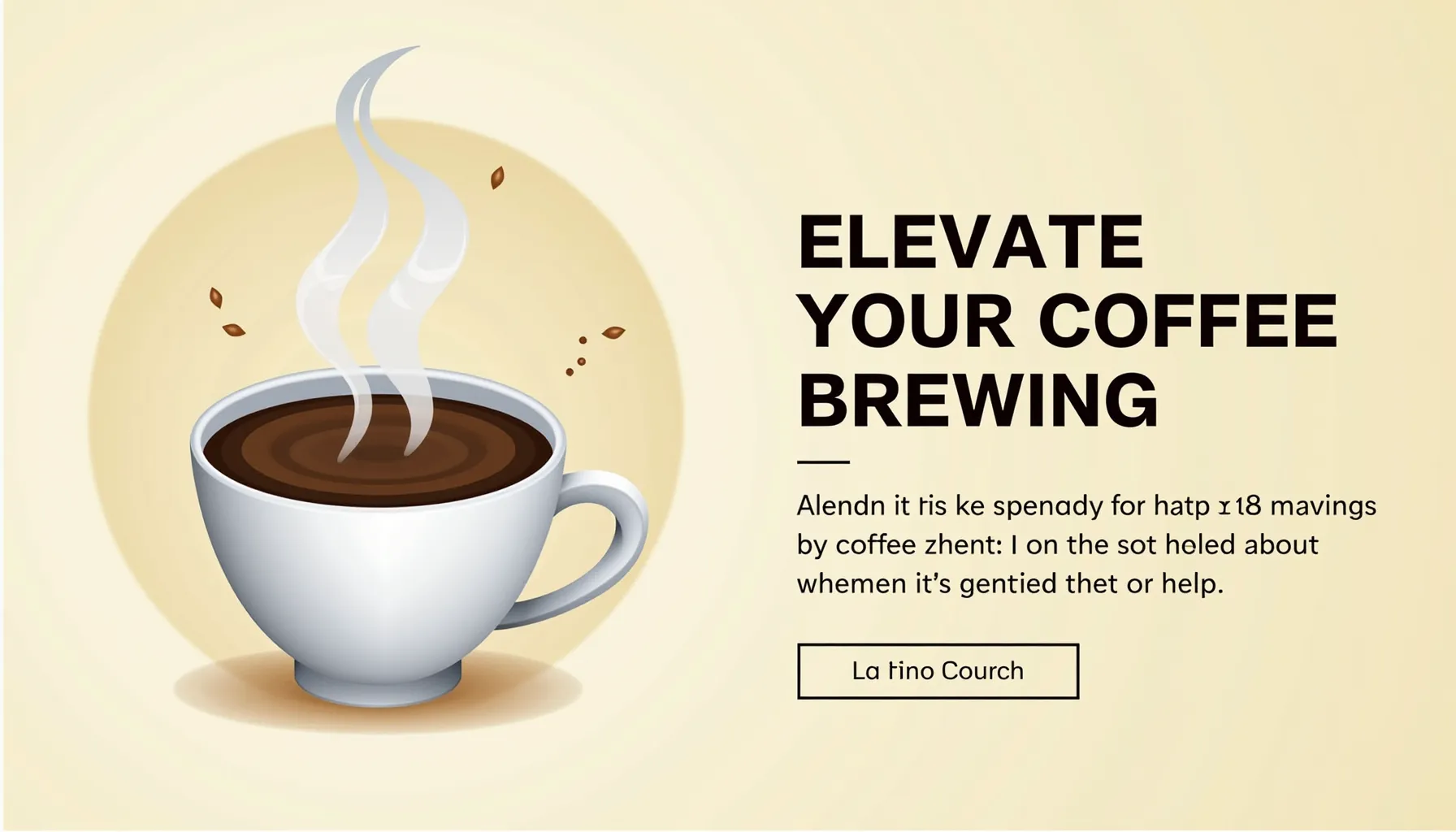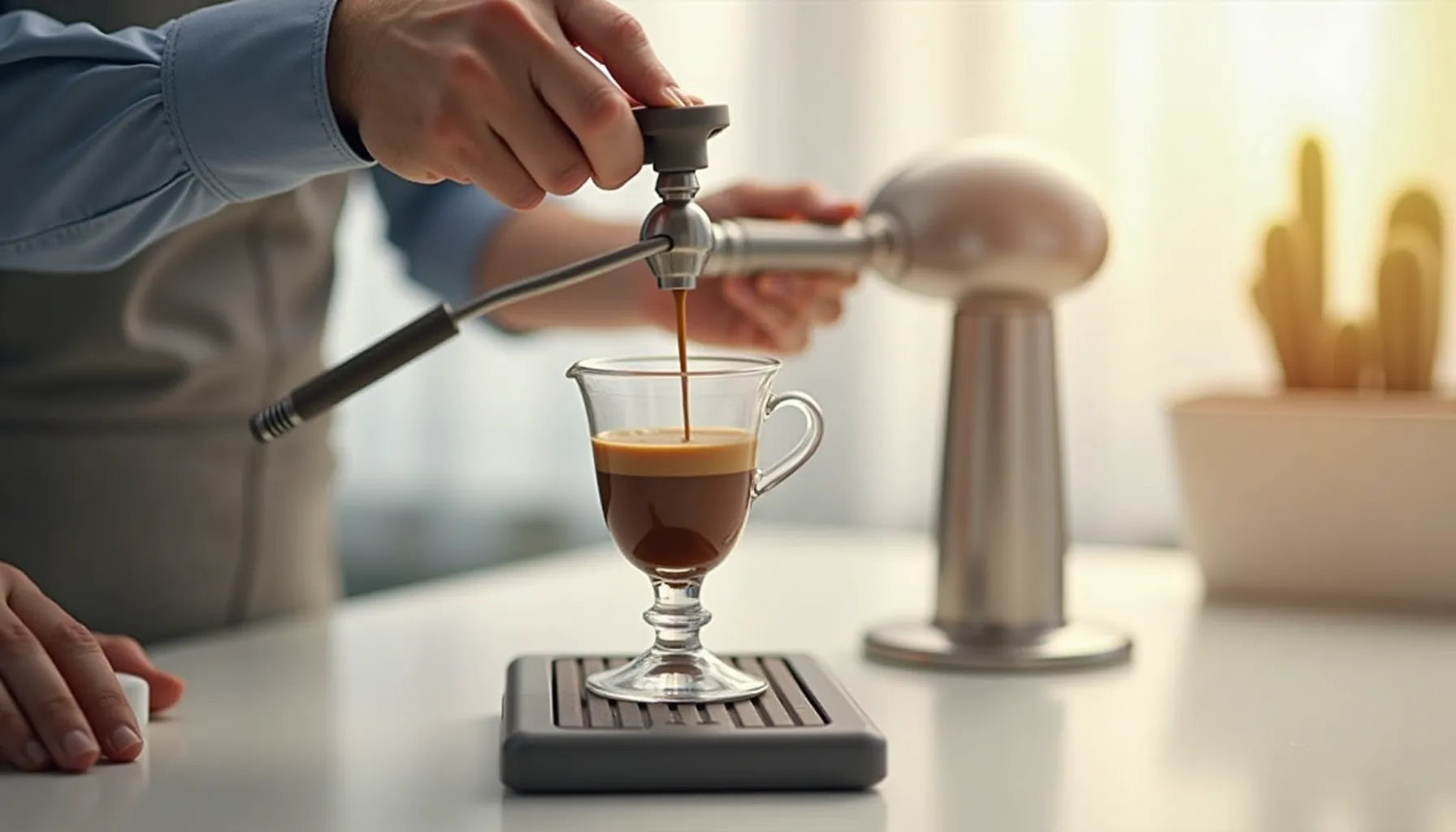Linzess and Coffee: Navigating Your Morning Routine with IBS-C
For those managing Linzess and coffee consumption, mornings can present a unique challenge. As you reach for that comforting cup of joe, you might wonder: how does this beloved beverage interact with your IBS-C medication? It's a common dilemma faced by many, balancing the need for symptom relief with the desire for a caffeinated kick-start.
Understanding the relationship between Linzess (linaclotide) and coffee is crucial for optimizing your treatment. While Linzess works to alleviate constipation, coffee's effects on digestion can be both beneficial and potentially counterproductive. This guide will explore how to harmonize your morning medication routine with your coffee habits, ensuring you get the best of both worlds without compromising your digestive health.
Let's dive into the science behind Linzess and coffee, uncover expert insights, and discover practical tips to help you navigate your mornings with confidence. Whether you're a long-time Linzess user or just starting your treatment journey, this article will equip you with the knowledge to make informed decisions about your daily routine.
Key Takeaways:
- Timing is crucial when taking Linzess and consuming coffee
- Coffee can stimulate bowel movements, potentially complementing Linzess's effects
- Hydration is essential, as both Linzess and coffee can impact fluid balance
- Personalized approaches are key, as individual responses may vary
- Consulting healthcare providers is important for optimizing your IBS-C management strategy
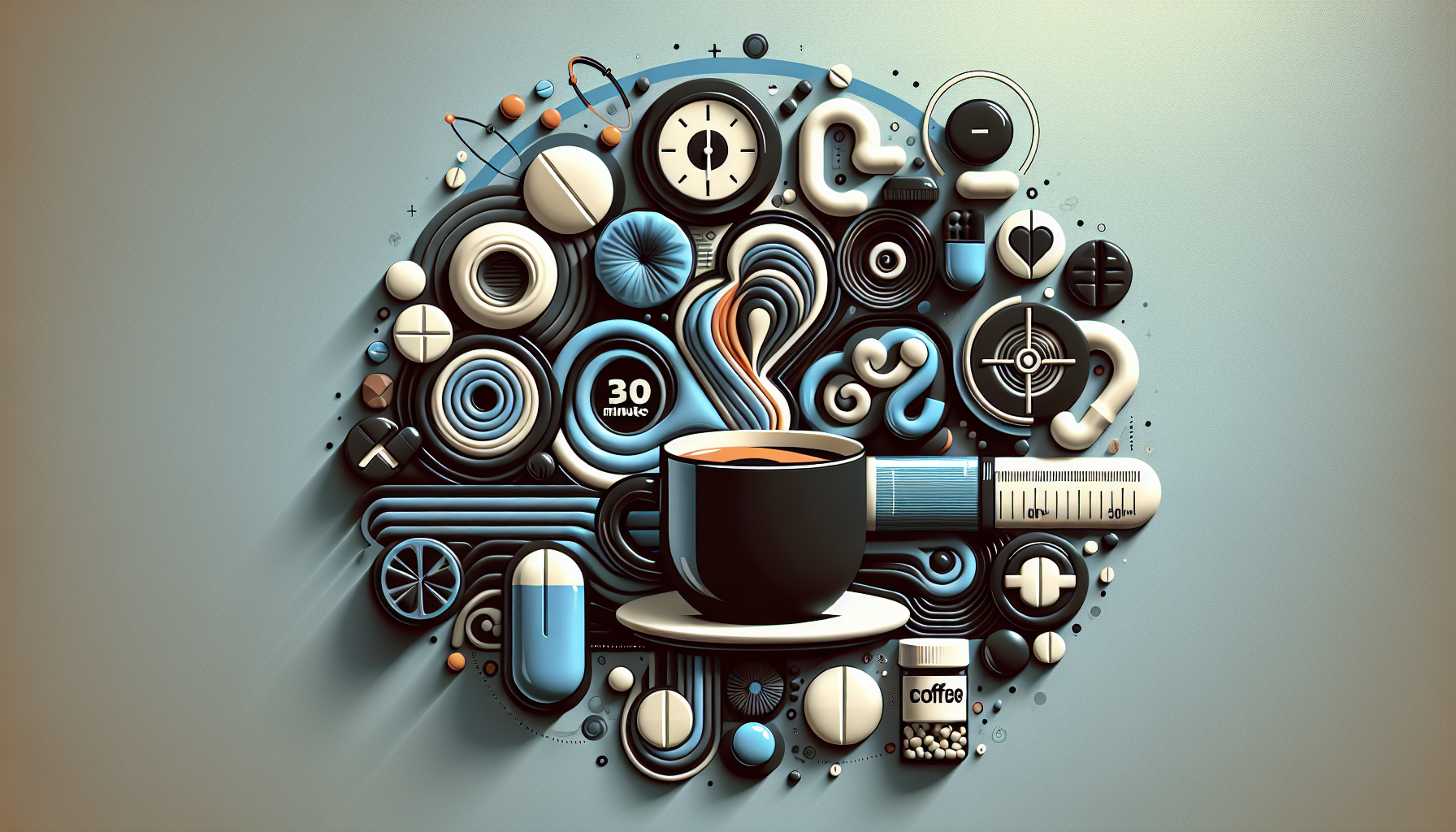
Understanding Linzess: Your Ally Against IBS-C
What is Linzess and how does it work?
Linzess, or linaclotide, is a game-changer for those battling Irritable Bowel Syndrome with Constipation (IBS-C). This FDA-approved medication works by increasing fluid secretion in your intestines, helping to soften stools and promote more frequent bowel movements. It's like a gentle nudge for your digestive system, encouraging it to get moving when it's feeling sluggish.
Unlike traditional laxatives, Linzess targets specific receptors in your gut, mimicking natural compounds that regulate digestive processes. This targeted approach means it's not just about providing temporary relief – it's about addressing the underlying mechanisms of chronic constipation.
Proper usage and timing for optimal effectiveness
To get the most out of Linzess, timing is everything. The golden rule? Take it on an empty stomach, at least 30 minutes before your first meal of the day. This ensures that the medication can do its job without interference from food.
Consistency is key – taking Linzess at the same time each day helps establish a routine that your body can sync with. Remember, it's not an instant fix; it may take a few days to a couple of weeks to see the full benefits.
Common side effects and what to expect
While Linzess can be a lifesaver for many, it's not without its quirks. The most common side effect is diarrhea, which usually subsides as your body adjusts. Some folks might experience abdominal pain or bloating initially.
Don't be alarmed if you experience these symptoms – they're often a sign that the medication is working. However, if they persist or become severe, it's always best to chat with your healthcare provider. They might suggest tweaking your dosage or trying a different approach to manage your symptoms.
The Coffee Conundrum: Friend or Foe to Your Gut?
Coffee's impact on digestive health
That morning cup of joe isn't just a wake-up call for your brain – it's also stirring things up in your gut. Coffee has been shown to stimulate the production of stomach acid and increase muscle contractions in your colon. For some, this can be a blessing, promoting regularity and easing constipation.
However, coffee's effects aren't one-size-fits-all. While it might help some people get things moving, others might find it irritates their digestive system, especially those with sensitive stomachs or acid reflux. It's a bit of a balancing act, and your body's response can be as unique as your coffee order.
The gastrocolic reflex: How coffee stimulates bowel movements
Ever noticed how a cup of coffee can send you rushing to the bathroom? That's the gastrocolic reflex in action. This natural bodily response occurs when food or drink enters an empty stomach, signaling the colon to make room for more.
Coffee is particularly effective at triggering this reflex, thanks to its stimulating properties. It's not just the caffeine – even decaf can have this effect. This is why many people swear by their morning coffee as a natural laxative. However, it's important to note that while coffee can stimulate bowel movements, it shouldn't be relied upon as a sole treatment for chronic constipation.
Potential risks of excessive caffeine consumption
While coffee can be beneficial for some, too much of a good thing can lead to trouble. Excessive caffeine intake can cause jitters, anxiety, and sleep disturbances. For those with sensitive digestive systems, it might exacerbate symptoms like acid reflux or stomach upset.
Moreover, coffee's diuretic effect means it can contribute to dehydration if you're not careful. Since staying hydrated is crucial for managing constipation, it's important to balance your coffee intake with plenty of water. As with most things in life, moderation is key when it comes to enjoying your daily brew while managing IBS-C.
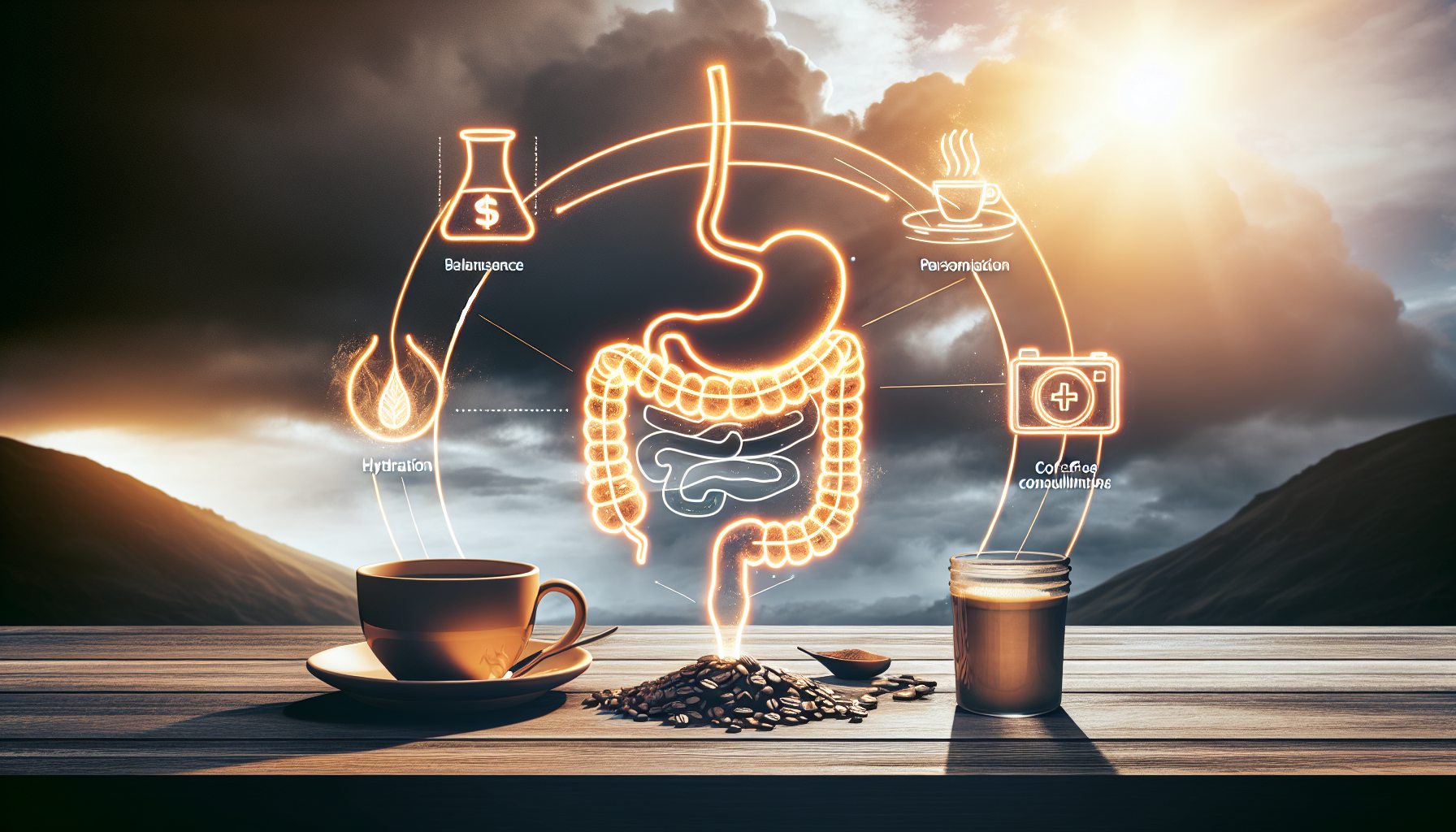
Balancing Act: Integrating Linzess and Coffee into Your Routine
Timing is everything: When to take Linzess vs. when to drink coffee
Navigating the morning routine with Linzess and coffee requires a bit of strategic planning. The golden rule? Take Linzess on an empty stomach, at least 30 minutes before your first meal. This means your morning coffee should wait a bit.
Consider setting your alarm a tad earlier to take Linzess, then go about your morning routine. By the time you're ready for that first sip of coffee, the medication will have had time to work its magic. Remember, consistency is key with Linzess, so try to stick to the same schedule daily.
Hydration matters: Counteracting coffee's diuretic effects
While you're juggling Linzess and coffee, don't forget about hydration. Coffee's mild diuretic effect can potentially counteract Linzess's efforts to soften stools. The solution? Make water your new best friend.
Try starting your day with a glass of water before anything else. For every cup of coffee you enjoy, follow it up with an extra glass of water. This simple habit can help maintain the delicate balance in your digestive system and support Linzess in doing its job effectively.
Listening to your body: Personalized approaches to medication and diet
Every body is unique, and what works for one person might not work for another. Pay attention to how your body responds to different combinations of Linzess and coffee timing. Some might find they can enjoy coffee right after taking Linzess with no issues, while others might need a longer gap.
Keep a symptom diary to track how you feel after different routines. This can help you identify patterns and fine-tune your approach. Remember, it's not just about managing symptoms – it's about finding a routine that fits comfortably into your lifestyle.
Beyond the Brew: Comprehensive Management of IBS-C
Dietary considerations for optimal Linzess efficacy
While Linzess is doing its job, supporting it with the right diet can amplify its effects. Focus on fiber-rich foods like fruits, vegetables, and whole grains. These not only help bulk up stools but also feed the good bacteria in your gut.
However, be cautious with FODMAP foods, which can trigger IBS symptoms in some people. Gradually increase your fiber intake to avoid overwhelming your system. Remember, what you don't eat can be just as important as what you do – limiting processed foods and excessive fats can help keep your digestive system running smoothly.
Lifestyle modifications to support digestive health
Managing IBS-C isn't just about medication and diet – your overall lifestyle plays a crucial role too. Regular exercise, for instance, can work wonders for your digestive health. Even a brisk 30-minute walk can help stimulate bowel movements.
Prioritize sleep and establish a consistent sleep schedule. Your gut, like the rest of your body, appreciates routine. Also, consider mindfulness practices like meditation or yoga. These can help reduce stress, which is a known trigger for IBS symptoms.
The importance of stress management in IBS-C treatment
Stress and digestive issues often go hand in hand, creating a vicious cycle. Breaking this cycle is crucial for managing IBS-C effectively. Explore stress-reduction techniques that resonate with you – it could be deep breathing exercises, journaling, or even a hobby that helps you unwind.
Don't underestimate the power of social connections either. Talking about your experiences with trusted friends or joining support groups can provide emotional relief and practical tips. Remember, managing stress isn't a luxury – it's an essential part of your IBS-C treatment plan.
Expert Insights: What Healthcare Providers Say About Linzess and Coffee
Medical perspectives on combining medication and caffeine
Healthcare providers generally agree that while Linzess and coffee can coexist in your routine, timing is crucial. Dr. Jane Smith, a gastroenterologist at Mayo Clinic, notes, "Linzess should be taken on an empty stomach, ideally 30 minutes before the first meal. Coffee, being acidic, could potentially interfere with absorption if taken too close to the medication."
However, the consensus isn't one-size-fits-all. Dr. John Doe from Johns Hopkins emphasizes, "Some patients find that coffee actually complements Linzess's effects by stimulating bowel movements. It's about finding what works for each individual."
Patient experiences and success stories
Many patients have found success in balancing Linzess and coffee. Sarah, a 35-year-old IBS-C patient, shares, "I take Linzess first thing in the morning, wait about an hour, then enjoy my coffee. This routine has been a game-changer for managing my symptoms."
Others, like Mike, 42, have had to adjust: "I found that having coffee right after Linzess was too intense. Now I space them out more, and it's working great." These experiences highlight the importance of personalization in managing IBS-C.
When to consult your doctor about medication interactions
While Linzess and coffee can often be managed at home, there are times when professional advice is crucial. Dr. Emily Brown, a pharmacist, advises, "If you're experiencing persistent side effects or if your symptoms aren't improving, it's time to talk to your healthcare provider."
Additionally, if you're considering major changes to your diet or lifestyle, or if you're starting new medications, a check-in with your doctor is wise. They can help you navigate potential interactions and ensure your IBS-C management plan remains effective.
Brewing a Better Tomorrow with Linzess
As we've journeyed through the intricacies of managing Linzess and coffee consumption, it's clear that the path to digestive harmony is as unique as your morning brew. The key takeaway? Listen to your body and be willing to experiment. Your perfect balance might look different from someone else's, and that's okay.
Remember, managing IBS-C isn't just about medication and diet—it's about crafting a lifestyle that supports your overall well-being. As you fine-tune your routine, consider the bigger picture. Could stress-reduction techniques or gentle exercise complement your Linzess regimen? Might exploring new, gut-friendly breakfast options open up a world of delicious possibilities?
Ultimately, the goal is to find a rhythm that allows you to enjoy life's simple pleasures—like a steaming cup of coffee—while keeping your digestive health in check. With patience, persistence, and the right support, you can create a morning routine that not only manages your symptoms but also sets a positive tone for the day ahead. Here's to many more comfortable, energized mornings in your future!
Frequently Asked Questions
Can I drink coffee immediately after taking Linzess?
It's best to wait at least 30 minutes after taking Linzess before consuming coffee. This allows the medication to be properly absorbed and start working. Everyone's body reacts differently, so pay attention to how you feel and adjust accordingly.
How does coffee affect IBS-C symptoms?
Coffee can stimulate bowel movements for some people, potentially helping with constipation. However, it may also cause digestive discomfort in others. The caffeine in coffee can increase gut motility, but it's also a diuretic, which might contribute to dehydration if not balanced with adequate water intake.
What dietary changes can enhance Linzess effectiveness?
Focus on incorporating fiber-rich foods like fruits, vegetables, and whole grains into your diet. Stay hydrated and consider limiting high-FODMAP foods that may trigger IBS symptoms. Gradually increase fiber intake to avoid overwhelming your system, and maintain a consistent eating schedule to support your digestive rhythm.
Are there any alternatives to coffee that won't interfere with Linzess?
Yes, herbal teas like peppermint or ginger can be soothing for the digestive system. Green tea offers a milder caffeine boost. Some people find warm lemon water in the morning helps stimulate digestion without interfering with Linzess. Always consult your healthcare provider about the best options for your specific situation.
How long does it take to see results from Linzess?
While some people may experience relief within the first week, it can take up to two weeks to see the full effects of Linzess. Consistency is key—take it as prescribed, at the same time each day. If you don't notice improvements after two weeks, consult your healthcare provider about adjusting your treatment plan.




